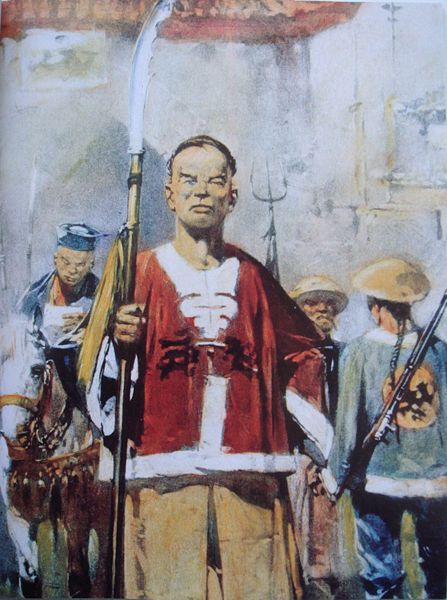Defying the Will of the Chinese People

Koekkoek, Johannes. Boxers Drawing. Circa 1900. Le Figaro, Hors-Serie "Pekin". Wikimedia Commons Library.
<http://upload.wikimedia.org/wikipedia/commons/b/b5/BoxersDrawingByKoekkoek1900.jpg>.
<http://upload.wikimedia.org/wikipedia/commons/b/b5/BoxersDrawingByKoekkoek1900.jpg>.